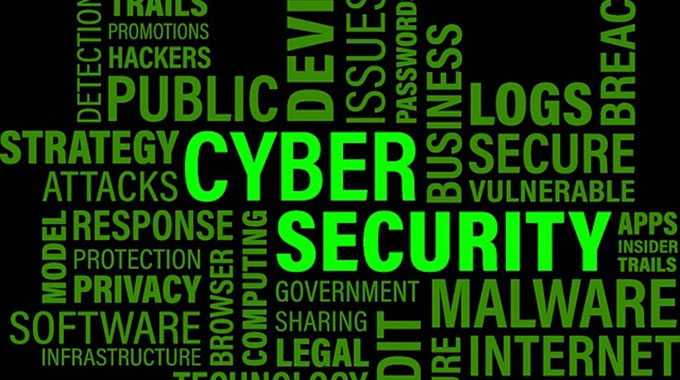How to safely navigate the cyberspace minefield

Tom Muleya
Fraud Insight
Cybercrime has devastating consequences and impact on its victims.
To some, the severity of the harm they have experienced can be likened to that of suffering a violent crime. This experience can further be likened to as being “mentally raped”.
What this means is that cyber victimisation goes beyond the obvious financial loss.
The Allianz Risk Barometer 2022 highlights cyber incidents as the most important risk facing the organisations globally and that it now sits on first position.
While cybercrime is moving at a fast pace, cyber risks or threats remain less well understood by majority of cyber space users and hence mitigation measures are also less developed.
This, therefore, underpins the increased need for cyber oriented action plans to minimise the risk.
Thinking cyber security should be considered as one of the ways for both corporates and individuals the same as navigating the cyber landscape.
While law enforcement agents are making drastic changes to their policing initiatives to align with current trends of crime in cyber policing, everyone else should be transforming their thought processes and think cyber security.
It is reality that policing people in cyber space is currently one of the biggest global challenges facing law enforcement agents. It is difficult to monitor individuals’ actions on the internet and social media as they expose themselves to cyber fraudsters.
The field of cyber landscape has attracted many researchers who are propagating increased victimisation on the internet and social media platforms.
While the internet system and cyber space has inherent vulnerabilities and risks, internet and social media users should play their part to minimise cyber fraud and this is a big possibility for everyone.
As part of daily or routine exercise, internet and social media users should:
Take responsibility; carefully and intelligently use the internet and social media platforms to best advantage to avoid being scammed.
Always conduct due diligence when conducting business on internet or social media.
Not follow unsolicited and unfamiliar sites.
Not expose or share any confidential information or personal data on social media such bank details and pin.
Ensure that the mobile phone or computer is always locked when not in use to prevent unauthorised access.
Use strong password on your social media accounts which cannot be easily guessed, that is made up of a combination of numbers and characters preferably a long password, yet easy to remember.
Avoid as much as possible dating someone on social media, as in most cases this ends in someone being a victim of cyber fraud.
Avoid clicking wantonly on social media as this increases chances of clicking on wrong or fraudulent link.
Avoid falling for anything that is too good to be true on social media platforms.
Quickly delete any spam messages.
Participate in the fight against cybercrime on the internet and social media. Your security on cyberspace matters, “Think Cyber Security”, it is the way to go. Watch out for the next issue.
Feedback: WhatsApp line: 0772 764 043, or e-mail: [email protected]. Tom Muleya is a Detective Assistant Inspector working under the CID Commercial Crimes Division. He is also a member of the National Cyber Security Taskforce, Zimbabwe.







Comments